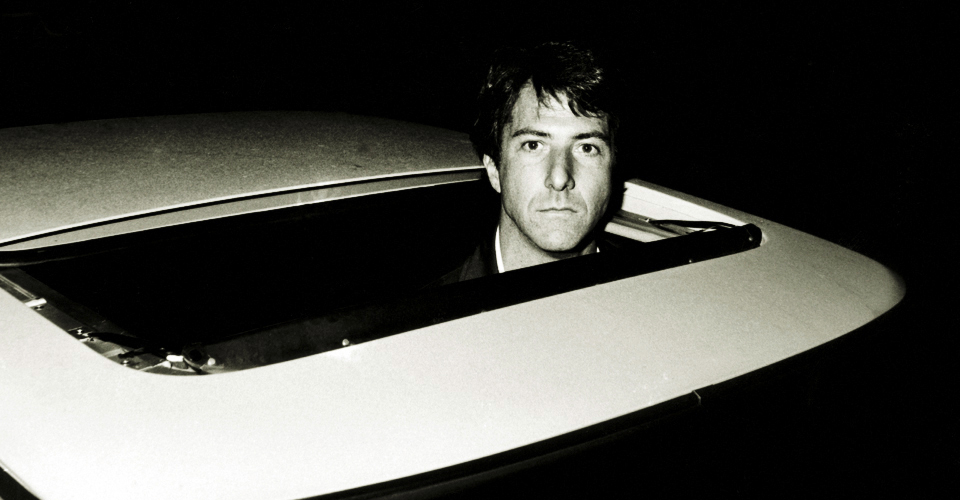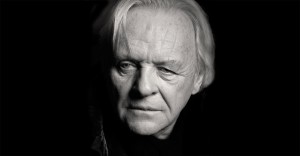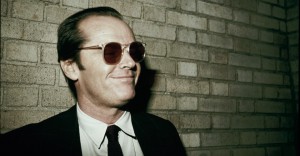Mr. Hoffman, have you ever been in therapy?
My whole life, on and off. The first time I started was after years of being an unemployed actor, and then success ruined my analysis, because I did The Graduate and suddenly I am going all over the place making temovies and my therapist was in New York.
What did you learn?
That there is a conscious, a subconscious and an unconscious. And the unconscious isn’t called the unconscious for nothing because if you start to understand it, it is no longer unconscious. (Laughs) It just gets out of the way because you don’t really want to know certain painful things about yourself, I think that’s human nature.
What makes a good therapist?
Knowing when to say a certain thing, and not wasting it. I have found that it is helpful in life, you don’t have to always say what you think to someone because if it doesn’t land then you have wasted it. When I say landing I mean is someone going to take it in, or is there a defense, I mean we all have defenses, and that can be an art form I think.
In what way has it helped you?
I don’t think I had a chance without it.
To deal with life?
No, no, to deal with failure. (Laughs)
But you haven’t had much of that?
Yes I did, I mean The Graduate happened after twelve years of being a failure. Then I tried to negate it afterwards and I didn’t work for over a year. Afterwards I took a supporting role and I don’t think many people take a supporting part after they have been made a star for their next job.
Did success make you happier?
No. One of the things you learn when you become famous is that it demystifies a myth because it doesn’t change anything. I remember when I first started therapy as an unemployed actor, I was in my early twenties, and the therapist said to me, “What do you want?” I said, “I would like to work for the rest of my life, I would like to have a great marriage, I would like to have enough money to have a town house in New York City.” But once I got that, nothing changed.
At least your wish of working came true. Was there a time when you did not want to pursue that anymore?
I had a real crisis. I stopped working for about three and a half years because I felt paralyzed. It was interesting because it was right after I got this lifetime award from the American Film Institute. I walked in my tuxedo in this room full of people and from one wall to the other there were pictures of every character I’d ever played and it destroyed me. It didn’t make me feel good. I always wondered what a panic attack was when people told me about having one. But I went home that night, took my tuxedo off, went to bed and had a panic attack. I’d never had one of those; it was awful.
Of course.
For the first time I was able to understand what people mean when they say they could jump out the window when you’re in this mood because you just want relief from it. It was an extraordinary feeling. Rather than feeling good about the award I felt that everything was over and that somehow I had not been able to connect with what I really wanted to connect with through my work – because you’re trying to find something in your work that kind of transcends.
How difficult has it been difficult to maintain your integrity as an actor?
Well success corrupts, stardom corrupts. How do you stop it? You’re less pure. When actors have worked with me in movies and they say, “The director wants me to do it this way, but I know it’s wrong. I can’t do it, do you agree with me?” I tell them that they’re right and they say, “Well what do I tell him?” I say, “Tell him you won’t do it.” “But he’ll fire me.” “Fine, let him fire you.” “That’s easy for you to say.” But I say, “No, don’t do bad work. Don’t do bad work. Better to be fired than to do bad work.” And I believe that. I still believe that.
What happens if you give in to that?
I think that once you succumb to that, to what good fortune gives you, then its easy to think, “Well, yeah, he’s not that good, but it’s a great part. It’s good money, blah, blah, blah,” and you succumb to it. But in the end it doesn’t even matter today. People don’t care about movies and whether we’re good or bad, just whether they are successful in terms of the box office. Studios don’t care.
Have you ever been bored acting?
I ’ve never been bored, period. I can honestly say that I don’t remember ever being bored in life. Depressed, anxious, sad, frightened? Yes. But I’ve never been bored because I never know what’s going to happen in life so that stops you from being bored.
So what keeps you acting?
We are different from other people. That is to say we are different from everyone. We are different from the people who would prefer not to be in front of other people. When I worked with Laurence Olivier I became friends with him and I asked him this question. I said, “Why do we do this? What makes us different?” And he gave me the most honest answer I’ve ever heard anybody give. I said, “Why do we do this?” And he said, “Why? Look at me, look at me, look at me, look at me, look at me.” And I got goose bumps and the hair went up on the back of my neck and that’s all it is.
Return to Top

Short Profile
Name: Dustin Lee Hoffman
DOB: 8 August 1937
Place of Birth: Los Angeles, California, USA
Occupation: Actor





















Interesting interview and something I never thought of is how actors have an extreme need for being over the top “significant”.
I don’t understand actors. Especially successful actors. I admire them, but I don’t get them. I’ve so much more I would like to say, but it would take up too much space.
I like to think of actors as narcissists that realize everything they’re doing is about having an image… and they’re never going to get what they want out of life – everyone loving their image. So they pursue a career that involves people loving their image.
He might think that he hasn’t done something transcendent but… There’s an interview where he talks about Tootsie, and how it is to be a woman, then you realize that this dude, all of him, is transcendent.
as an actor, for me it’s not about my image, or getting attention. For me what’s intriguing is getting the chance to play someone else. An experience of a different life, different view on life. Different fears and hopes. It really opens your scope. It’s all about characters and making that character on page come alive; so people can drop their suspension of disbelief for a second.